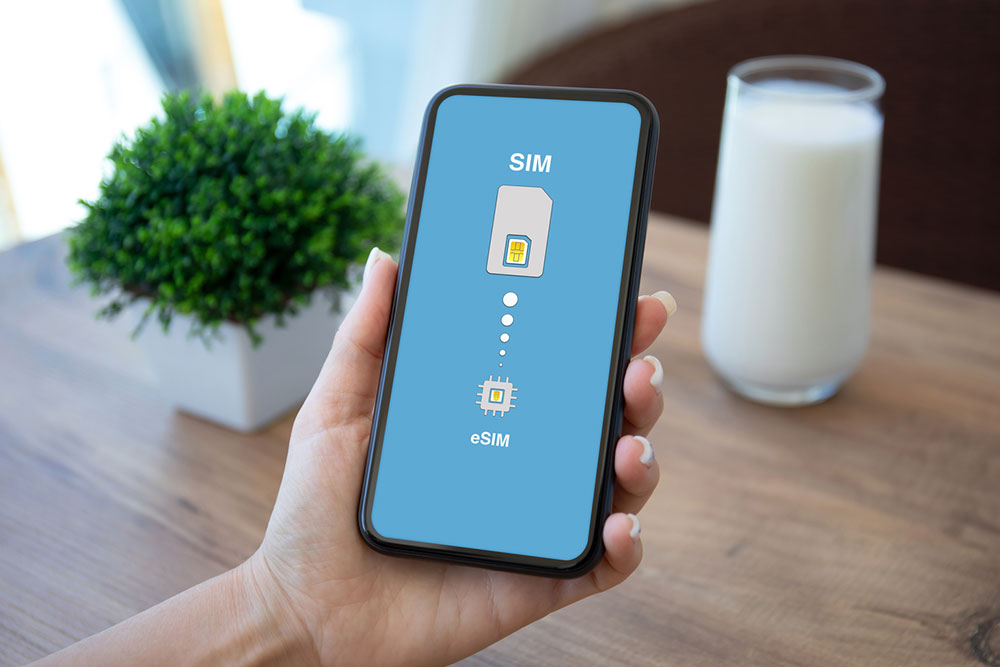6 Common Mistakes to Avoid When Switching Phone Carriers

People switch phone carriers for several reasons, like better services, more competitive plans, improved coverage, extra features, and faster internet download and upload speeds. However, during the transition process, many make mistakes that cost them financially and lead to unexpected hassles and headaches. Regardless of why one is changing their phone carriers, they must note these six potential pitfalls and learn how to sidestep them for a seamless and trouble-free carrier switch.
1. Not researching multiple carriers
One must shop around for a while when choosing anything, be it a phone carrier or another product. Customers should research different carriers and learn about their plans, network coverage, and pricing. Comparing can help determine which company is most suitable for one’s needs. On the other hand, overlooking research can cause a person to choose a carrier that charges more while providing poor-quality services. Consequently, one may have to face connection issues and subpar data speed.
2. Failing to compare plans by different carriers
While researching different carriers, one must pay close attention to the plans they offer. Doing so is crucial because the market is flooded with different plans from different carriers, making it easy to choose the wrong one. One must choose a carrier with plans that are reasonably priced yet feature-rich. Finding such a carrier can take time and effort, but it is worth the pain.
3. Ignoring one’s data usage
Before committing to a carrier, individuals must assess their monthly data consumption. Some carriers have data caps on their plans. Simply put, the company provides one with a specific amount of fast internet in a month, after which the speed drops. Moreover, they may also charge extra if individuals exceed the monthly data limit. Evaluating one’s monthly data consumption can help pick a suitable carrier and plan without worrying about crossing the limit and paying overage fees.
4. Not checking the phone’s compatibility with the carrier
Another mistake people often make is neglecting to check if their phone is compatible with the plans from their chosen carrier. Consequently, they have to change yet another provider, causing a lot of inconvenience. Thankfully, many carriers offer online tools to help users confirm whether their phone is compatible with the available plans. For instance, if one wishes to choose one of Verizon’s phone plus internet plans, they can use the company’s tool to check their phone’s compatibility. One must visit the website and enter the phone’s IMEI (International Mobile Equipment Identity) number. This number can be obtained by dialing *#06#. Similarly, one can use their phone’s IMEI to check its compatibility with the plans from other carriers.
Such tools also help determine if one’s phone is locked to their previous carrier. If so, the handset will only function with a new carrier once unlocked. Those facing such an issue can contact their current service provider and request instructions on unlocking the phone.
5. Switching at an incorrect time
It is crucial to transition from an old service provider to a new one at an appropriate time to avoid unnecessary charges. The right time to switch is when the previous carrier’s billing cycle is about to reset. Let’s understand this with an example. Suppose a person’s billing cycle with their current service provider resets on the 1st of every month. Now, if they switch on the 7th of that month, they will still have to pay for the whole month. Additionally, their new service, which will activate on the 7th, may charge them for the entire month. Switching at the end of the current carrier’s billing cycle prevents overlapping and unnecessary expenses.
6. Canceling the previous service too soon
An often overlooked mistake individuals frequently make when transitioning between phone carriers is hastily canceling their previous service. This mistake is particularly crucial to avoid if one wishes to retain their existing phone number. To ensure one can switch to a new carrier without losing their existing number, they must first inform their new carrier about it. For instance, if a person wishes to switch to one of Verizon’s phone plans, they must inform them beforehand. They can cancel their previous service once Verizon ensures the number has been successfully ported. Upon porting, most carriers close old accounts on their own; however, it is better to take the extra step of confirming the cancellation. Those looking to get Verizon phone internet plans while retaining their old number can visit the brands’ website to learn more.






